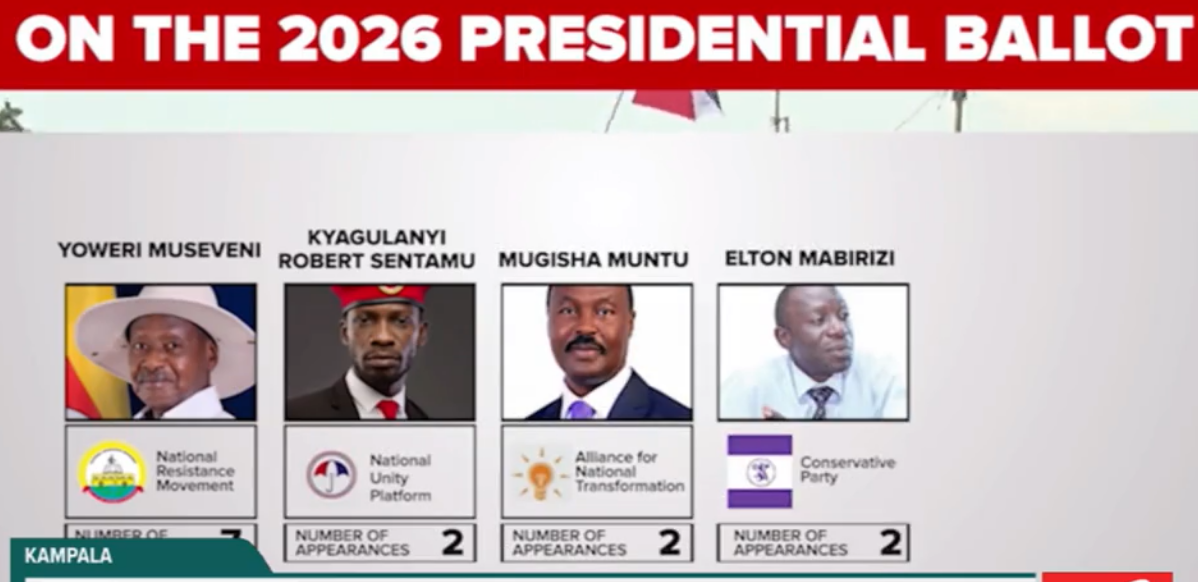Black owned banks are quickly disappearing — Carver is Black operated
[Business Exchange]
Ways to Overcome the Racial Wealth Gap
Elijah Muhammad once reminded: “You are not members of the White man’s world, a people originally from Europe. So why fight a losing battle by trying to be recognized as something you are not and never will be.
What side of America’s racial wealth are you on? Too many Blacks have adopted “assimilation” habits and tendencies that cause our willing adoption of Whites’ language and culture. In reality those Blacks’ seeking to be “judged by the content of their character” still are viewed separate and distinct from Mainstream society. An example of racial separation and distinction is that: the typical White household has 16 times the wealth of Black ones.
The country’s legacy of racial discrimination shows.
One in three Blacks has less than $1,000 in wealth (assets minus debts). For Whites, it’s one in nine; Asians, one in eight; and Hispanics, one in four. The odds of having $1 million in wealth are one in eight for Whites and one in nine for Asians but about one in 100 for Blacks and Hispanics. Typical wealth levels are: $134,000 for Whites, $91,000 for Asians, $14,000 for Hispanics and $11,000 for Blacks.
A question for contemporary Blacks to ponder is: “What are you doing to overcome the racial wealth gap”? Though Blacks’ income levels grew significantly post-Civil Rights laws and legislation; a long-lasting and enduring economic gap remains between Blacks and Whites.
Racial inequality is typically designated as “imbalances in the distribution of power, economic resources, and opportunities.” Such inequalities are manifested in wealth, poverty rates, housing patterns, educational opportunities, unemployment rates, and incarceration rates. Blacks’ lack of wealth have roots in over 300 years of cultural, economic, physical, legal, and political discrimination based on race.
Mainstream institutions never deal with Blacks, and their problems, exclusively; instead navigating them toward protest and acts of “assimilation”.
Where Blacks live and go to school are factors of the income gap between Whites and Blacks. As Blacks “move up”, usually it means “integrating with Whites.”
For most U.S. families, a home usually comprises the largest portion of their assets. Homeownership is the central vehicle Americans use to store wealth, so homeownership and access is at the heart of the racial wealth gap.
Seventy-three percent of Whites own a home, compared to 45 percent of Blacks. In the labor market, a college education is required to flourish, establish financial stability and build wealth. But gaps in college attainment by Whites versus Blacks has widened. In 2011, 34 percent of Whites completed a four-year college degree, whereas just 20 percent of Blacks did. In “color blind” America, obtaining a bachelor’s degree isn’t enough for Blacks or Hispanics to escape the racial wealth gap.
Taking issue with Blacks’ professional “protestors”, we suggest that instead of holding pity parties over the demise of affirmative action, it would be good if the descendants of slaves moved to “demand money that compensates them for their ancestors work as slaves.” Blacks’ predisposition toward politics has shown little in the way of helping our economics. The election of a Black American to the U.S. presidency did nothing to empower African Americans. Despite the nation’s legacy of discrimination based on race, Black Americans still defer when time comes for discussions on reparations remedies.
Blacks have put their “empowerment” on politics. But our returns from “political empowerment” have accrued little where. Blacks must move to do things that other ethnic groups do routinely: fund and invest in Black-owned banks, businesses and financial institutions, becoming the stakeholders of Black America.
Some Blacks seek to justify outrageous monetary practices by labeling “an urban myth” that a dollar circulates out of Black communities in just six hours without even giving serious examination to Blacks’ behaviors and practices.
The allegation is true, as is the fact that Asians keep a dollar in their community 120 times longer than do Blacks.
Therefore, if we are serious about improving our communities and our schools, providing jobs (Black businesses are the 2nd highest employer of African Americans after the government), we must consciously perform acts that advance Black owned businesses.
William Reed is publisher of “Who’s Who in Black Corporate America” and available for projects via [email protected]







